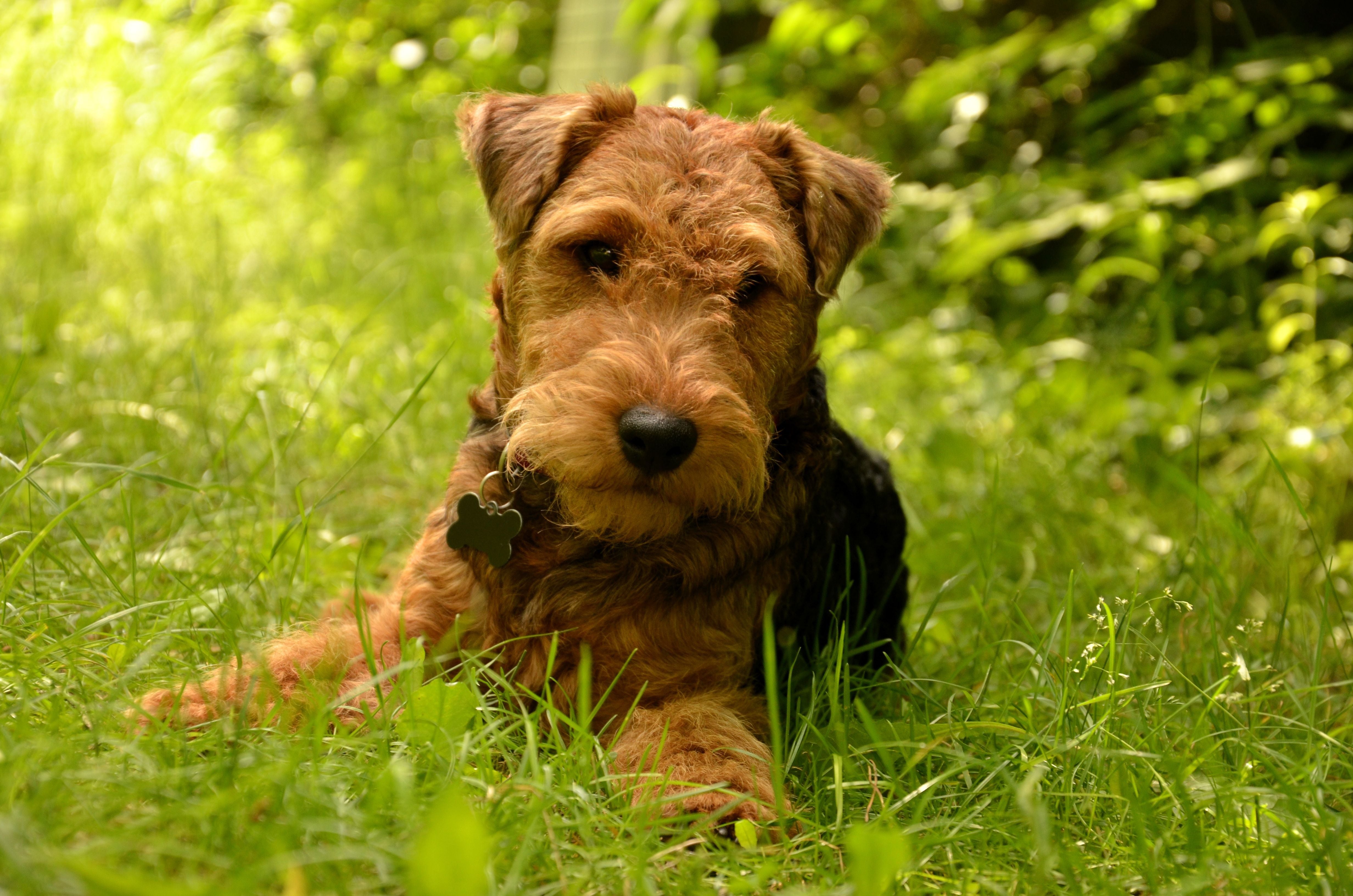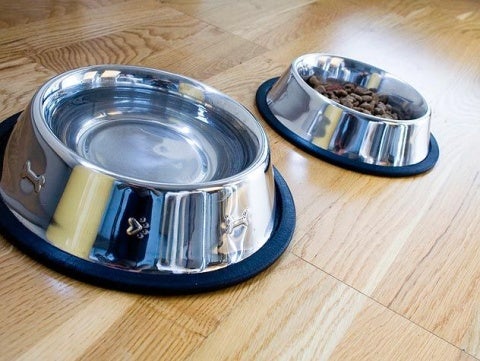Welsh Terrier
Square, compact, and adorably alert-looking, the Welsh Terrier is a working dog. The wiry, hard coat protects them from the elements while a soft undercoat gives them warmth. Excellent runners with a high capacity for endurance, Welsh Terrier dogs are playful and mischievous companions.
Breed characteristics carousel
Learn More
Need to Know
- Dogs suitable for experienced owners
- Extra training required
- Generally healthy breed
- Enjoys vigorous walks
- Small dog
- Some drool
- Requires frequent grooming
- Chatty and vocal dog
- Barks, alerts, and may be physically protective/suspicious of visitors
- Might not like other dogs
- May need additional training to live with other pets
- May need additional supervision to live with children
- Needs a small yard, either in suburban or rural areas
- Can be left alone occasionally with training
- AKC Registered Breed

Personality
Square and serious-looking, the Welsh Terrier isn’t as “terrier-like” as other breeds. They are playful and entertaining companions who know how to settle around their families. Well-mannered, independent, and often sensitive, they can be reserved with strangers. They can have a stubborn streak and might dig or bark to alert given their instincts.
The Welsh Terrier might be the oldest terrier breed in Britain. Rugged and relentless rodent hunters in their past lives, The Welsh Terrier dog breed is now a companion dog. They are popular beyond their native country of Wales and first came to America in the late 1800s.
Quick-witted and sharp, the Welsh Terrier can be stubborn. Owners will need to understand their sensitivities and cater to them through positive reinforcement training. Lots of walks—potentially away from others as the Welsh Terrier breed does not always love other dogs—will also be part of a Welshie’s daily routine. They can make good family dogs for active families with older children.
Terriers are energetic breeds and the Welsh Terrier dog is no exception. They have incredible endurance and stamina and are ready to work, although that means training and running now instead of sussing out rodents. They won’t mind cuddling on the sofa, but only after they’ve been sufficiently exhausted physically and mentally.
Compact little dogs, the Welsh Terrier doesn’t need a lot of house space, but they do need a fenced-in yard. When walking on a leash they’ll appreciate a variety of routes.
Welsh Terrier coats need to be brushed regularly and plucked two to three times a year. The dogs are considered hypoallergenic and might be good for owners who suffer from allergies to coats, not necessarily dander or saliva.
Welsh Terriers enjoy training so long as it has positive reinforcement built in and you make it fun. They can have a stubborn streak like most terriers, so it might be harder to motivate them than other breeds. Recall, leash walking, and learning to drop items should all be worked on.
If your family is outdoorsy, active, and has older children, a Welsh Terrier dog might be a good fit.
The cost of a Welsh Terrier from a breeder is significantly more than the cost of adopting one from a local shelter or rescue. The adoption fee usually covers additional items such as spaying or neutering, vaccines, and microchipping.

Learn more about feeding and caring for your Welsh Terrier on Purina.
Did You Know
- Despite not being a terribly popular dog breed overall, the Welsh Terrier has enjoyed some popularity—President John F. Kennedy owned a Welsh Terrier during his time in the White House.

